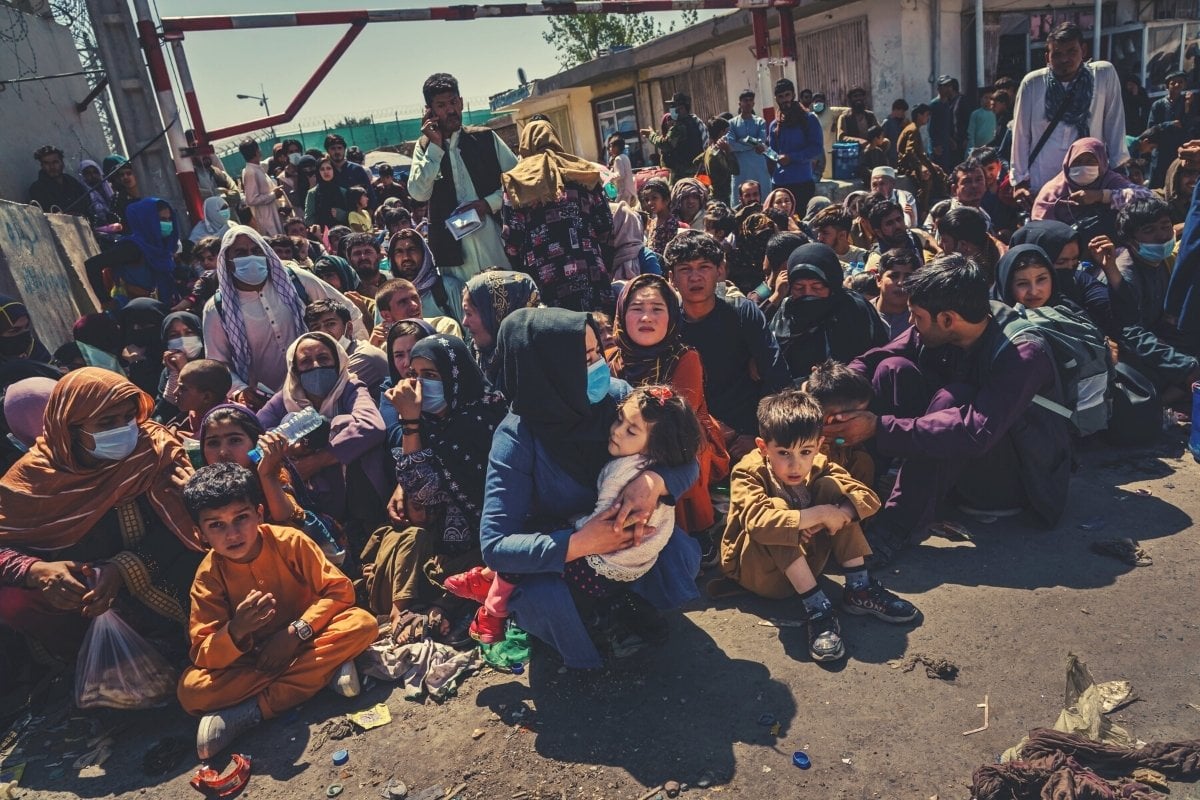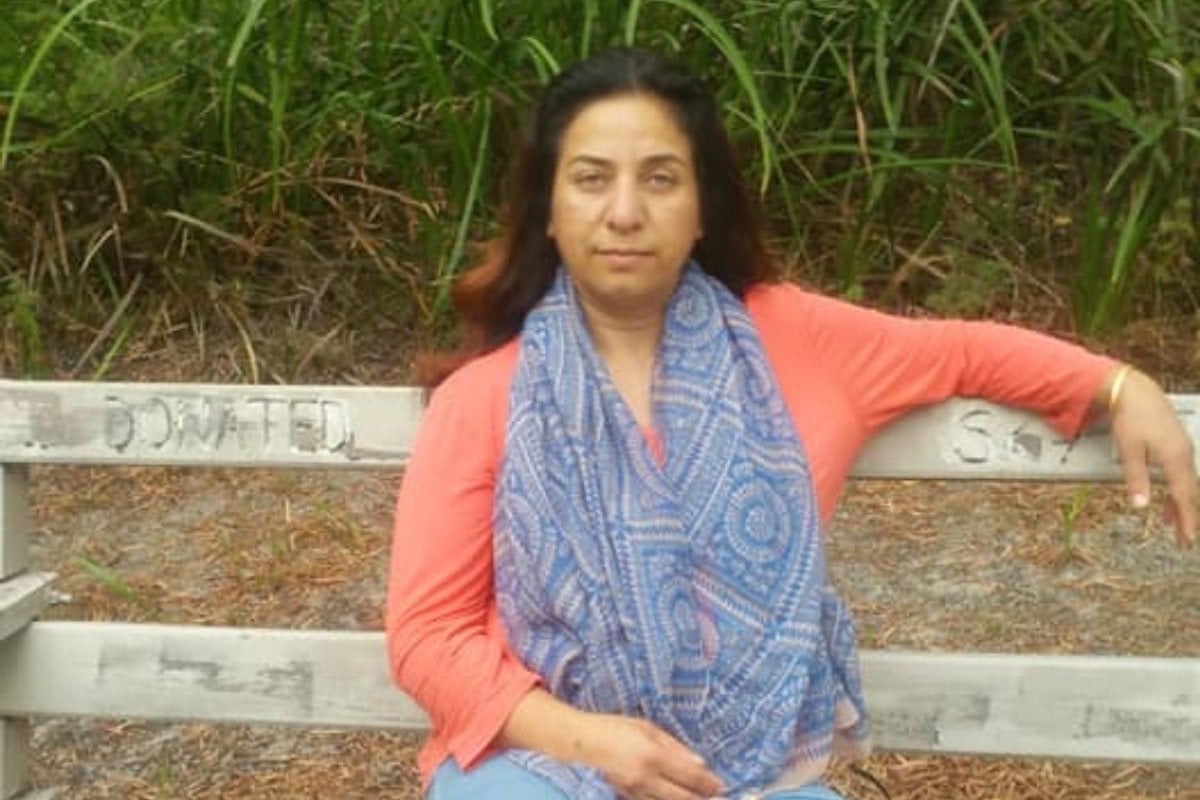
The Afghanistan of Maria Aziz's childhood is an idyllic place. She recalls walking safely to school with her siblings, attending concerts, taking family holidays where she'd pick fruit from the trees and take cooling dips in the river.
It was the most beautiful time of her life.
Then, the Soviet occupation changed everything.
In 1983, Maria's family fled the communist regime, living first in India for five years before they were approved for passage to Australia as refugees.
"It was the most beautiful feeling to be able to come to Australia and live in a society where they respect human rights and there was respect for women's rights and children," she told Mamamia's news podcast, The Quicky. "We lived here, and we felt safe once again."
Three decades on, Maria is watching from afar as the Afghanistan she once called home buckles under another period of political upheaval.
Listen: It's been two weeks since the Taliban seized power in Afghanistan. And there are serious fears for women's safety.
Militant Islamist group the Taliban recently seized control of the Afghan government, two decades after they were ousted by US-allied forces responding to the September 11 attacks.
With those troops now withdrawing from the country at the end of their protracted 'nation-building' mission, the Taliban's return to power has been swift.



